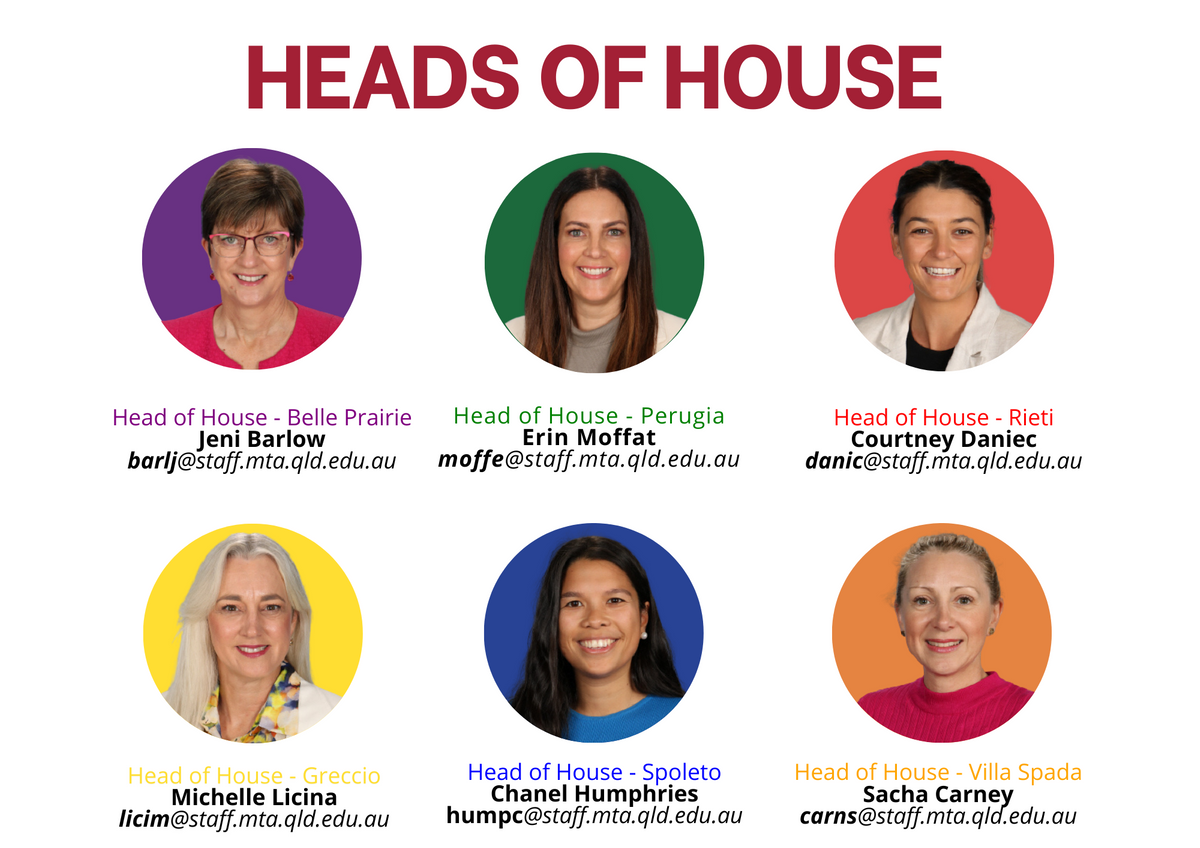On Saturday, members of the Mount Alvernia community had the pleasure of hearing Ashley Streeter-Jones and Phoebe Saintilan, both 30 years of age, share their thoughts on the key issues of the under-representation of women in politics and the global media. Both women, in their areas of expertise work for gender equality advocacy, policy making, and promoting the necessity for decisions about youth, women and the marginalised to be made by these stakeholders.
Some of their key messages were:
- The perception that young people (and women in particular) are not interested in politics is inaccurate. The truth is that they are politically motivated, but not in traditional forms of joining parties and staying faithful to this political party or organisation. Instead, they use social media, protests and petition writing to engage.
- The key reason women do not seek election for parliament is due to a lack of safety – physical, social and emotional. 44% of women reject the way the media treats and portrays women (think media discussion of Julia Gillard’s hairstyles and fashion in a way no male politician is judged and commented on).
- There is a serious trust deficit between young people today and the government. Young women are indeed leaders of the future but we must also see that young women are leaders of today, by calling out injustices, advocating for and actioning change. The Consent Movement is evidence of such leadership in today’s society.
- Young women are interested in the media, but they are severely underrepresented. More than 80% of the global media is owned, produced and written and presented by men. When expert opinions are sought, 70% of the time it is men. Stories often written by women have a focus on humanity and rarely make headlines.
- Peace-promoting forums around the world have 4% female representation.
- While young people do not have economic power, they have the social power to create change like never before. Social media is democratising the change space e.g. musicians who are re-writing songs that have discriminatory messages or that marginalise people.
- In Australia, young people lack education on how our political systems operate, including the perpetuation of systems that keep people within certain structures and spaces.
- When our College Captains asked the question of what the guests thought was holding back women in Australian society, both agreed that a major issue was societal attitudes. In Australia, 30% of men do not believe gender inequality issues are of significance; yet globally, 21% of men express this attitude.
- For ‘change’ to be sought, valued, and enacted, men need to be agents of change as gender equality benefits males and females, of all ages. Change is an ‘uncomfortable space’ yet critical if we are to progress as humans and as a society.
- Change does not happen when we sit in a comfort zone.
As you can appreciate, the messages were thought-provoking, challenging and inspiring to all members of the audience. Ash and Phoebe’s messages bravely and positively challenge the status quo, thereby creating a better and more desirable work and social space for all. Next year, I encourage you to earmark the Literacy Society’s IWD event in your calendars; your spirit will be nourished through the celebration of positive relationships, learning, empowerment and affirmation.


